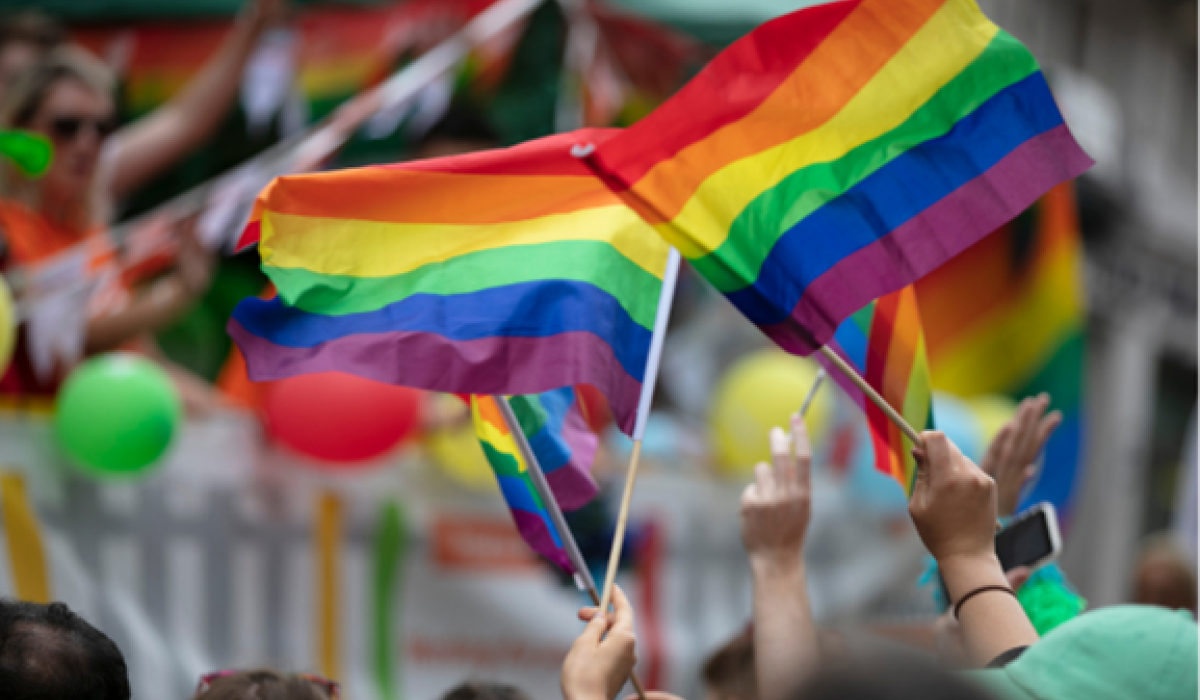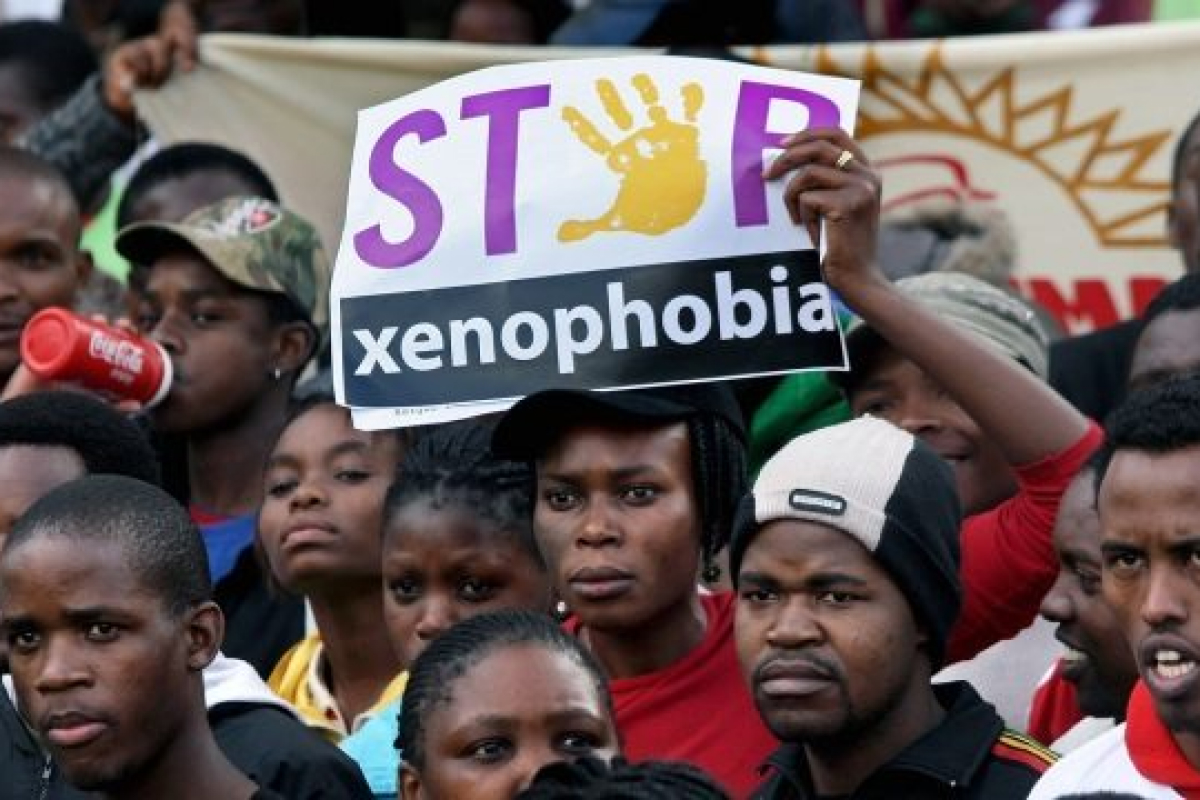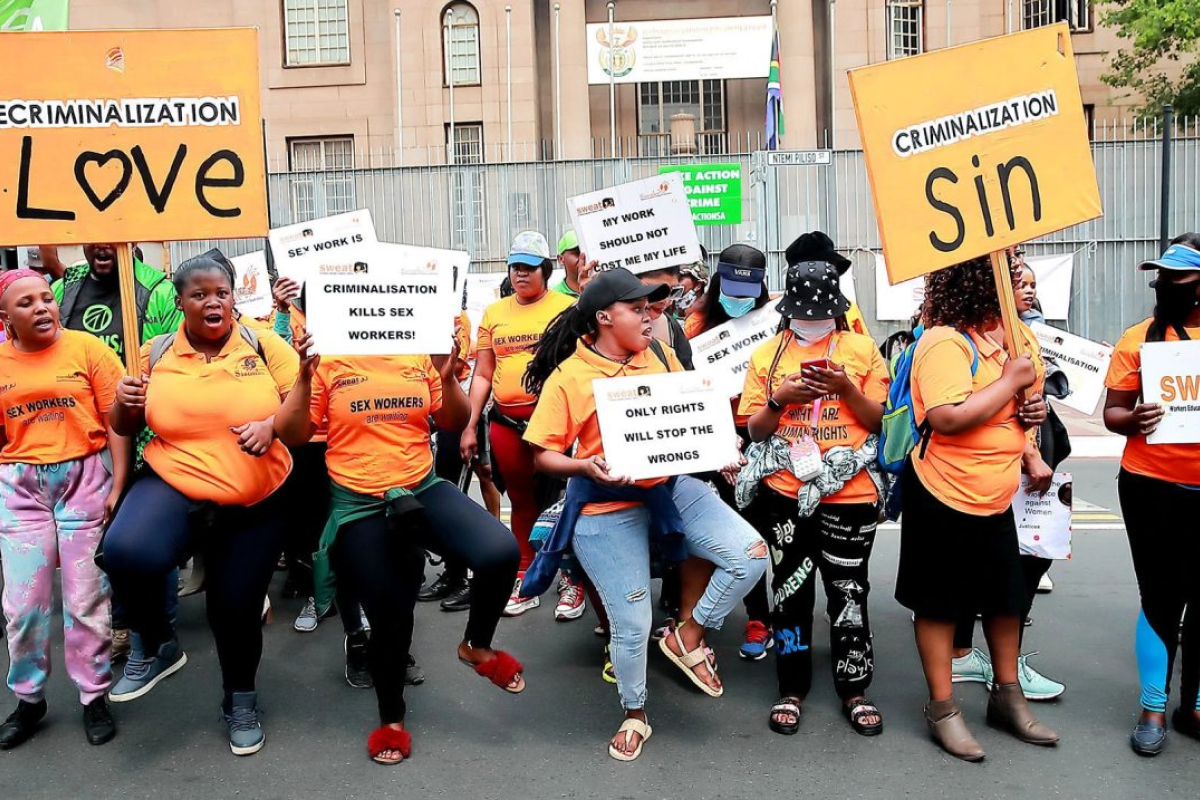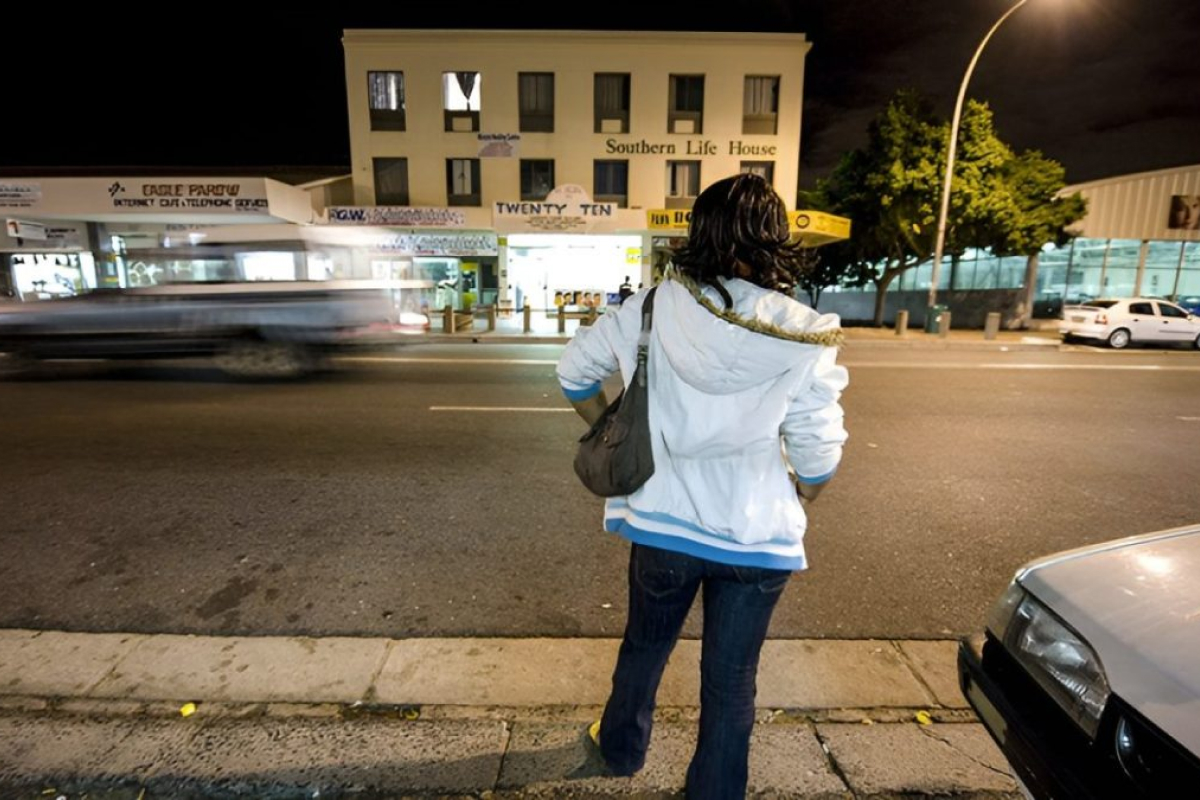I don’t want to be protected by men; I want to live in a world where I don’t need to be protected by anyone.
This statement, made by a women’s rights activist, sums up much of the problem with the current increased momentum of work with men to reduce gender-based violence.
Along with the recent wave of media attention to brutal instances of gender-based violence, we have seen a variety of initiatives where men are speaking out against violence and getting involved in activities to reduce gender-based violence.
As a part of our work at Sonke Gender Justice, we have included men in the struggle to reduce gender-based violence for years.
Through this journey we have increasingly grown to understand how important it is that the work to reduce gender-based violence, and especially the involvement of men in this work, be accountable to women, and to women’s rights agendas and feminist principles.
Principles like women’s leadership, women’s voices being heard and acted upon, participation by women in the work that affects women most, and very importantly, to have an intersectional analysis and an awareness of power imbalances in the way that we do our work.
We have faced the difficult and perennial challenge of ensuring that the message we share with our partners and beneficiaries is grounded in our own behaviour amongst each other, as different sexes and genders, from different socio-economic backgrounds and cultural groups, in one space.
It is worrying that many of the initiatives that are springing up seem to be driven by men, who are talking to other men, about violence against women, and excluding women from this conversation and process.
While these actions may be well-intentioned, the impact is the exact opposite, and only serves to further undermine women’s power and rights.
We live in a patriarchal society, where men enjoy an unequal amount of power, over women and children and over gender non-conforming people.
Men kill women at an inordinately high rate.
Of course, it is important to ensure that services respond to all survivors – including male survivors – but when one looks at who is using violence the most, it’s clearly men.
If we want to move the needle on prevention, men and women need to work together to reduce the use of violence, especially men’s use of violence.
When programmes and events – oh so popular for 16 Days! – do not include women as leaders and participants these are at risk, in language and in practice, of reinforcing the harmful power that men already enjoy.
Moreover, they can lead to secondary victimisation of women survivors of violence who are invited as “speakers to share their testimony” in male indabas. We heard of a recent event in the Eastern Cape where such a line up was put forward and wondered: How did the woman feel speaking in front of only men?
Was she allowed to stay for the discussion? Was she offered counselling, if needed, afterwards?
And did men in fact change their behaviour as a result of the event?
Why do men still need to hear “testimonies” from victims?
Have they not heard and read enough in the media of the cruel ways women and girls are being killed on a daily basis?
A loose analogy that demonstrates the point is the problem of racial inequality.
In similar ways to which white people have enjoyed power over other race groups in South Africa, men have enjoyed power over women in South Africa. Similar to racial inequality, the perniciousness of the problem lies in the fact that when one enjoys privilege, it’s usually invisible to you.
It becomes visible when your privilege is removed or challenged.
Being a kind, friendly, privileged benefactor does not mean that you are not perpetuating inequality.
In terms of race, there are lots of examples of white people who are kind to black people in paternalistic ways that keep black people in a disempowered state. And, as critics have usefully pointed out – it’s the white liberals that are the most dangerous to racial justice, since they tend to ignore their privilege.
The same applies to men – as long as men’s privilege remains unchallenged, men can live under the illusion that they are supportive of women – while women remain in a disempowered position in society.
One fundamental power discrepancy is the fact that men enjoy more leisure time while women do more domestic and care work.
When this privilege becomes challenged, the friendly man often turns into the angry child, and uses manipulation or violence to re-assert control over his time.
Imagine a group of white people meeting without black people’s involvement to talk about how to end violence against black people.
This example clearly shows how paternalistic, ineffective, and at worst harmful such an initiative can be.
The same applies to when men meet to talk about women’s lives without women.
It consolidates men’s power, and lets them off the hook from actually changing their own behavior to end violence – since they feel better after talking to each other.
They may inform women of the solutions they came up with for them, if they managed to compile action steps, but again, this does not shift power imbalances and deeply entrenched inequalities.
In Sonke’s programming to engage men and boys to address gender-based violence, we do believe that under certain conditions there may be use in men meeting to talk about it separately.
But then only under certain conditions: first, this should be a sub-activity of a larger programme that is driven by women’s leadership, with more investment of the overarching programme going to activities involving women and men; secondly, the conversation amongst men should unpack men’s privilege, and work to assist men in recognizing and shifting their centuries old accrual of power over women, in order to thereby participate more meaningfully in the broader movement to end violence; thirdly, any role men take up in this struggle should be as partners and supporters, not as leaders; and finally, the conversations should go beyond the male bonding exercise and be just a first step in community and societal change.
If we are to achieve a world where people do not need protection, getting men involved is only a small part of a much bigger systemic shift that is needed.
A fully-budgeted National Strategic Plan to end gender-based violence is a good step towards this, and our hope is that the activities included in the plan are accountable to those women who have been fighting for years to make it happen, and to those whom the plan hopes to support most.
It will also be critical to have a clearly defined accountability framework that allows women to monitor and report on the implementation of the plan, and the overall plan’s effectiveness.
This will go a long way in empowering women, in raising their voices, and ultimately in transforming their world.
Accountability is not only ethically the right thing to do, but also adds the value of feasibility and sustainability to work to end GBV.
When those most affected by a problem are part of solving the problem, it may delay the exciting momentum that men participating in indabas feel when emerging from conference rooms, but it is definitely the only way to success in ending patriarchy and achieving gender equality.
Unless men listen to women and are willing to be led by women in the struggle to end GBV, the hashtag #MenAreTrash that infuriated many men last year in South Africa – including the “good ones” – will be as valid as the #MeToo that rocked the world.








